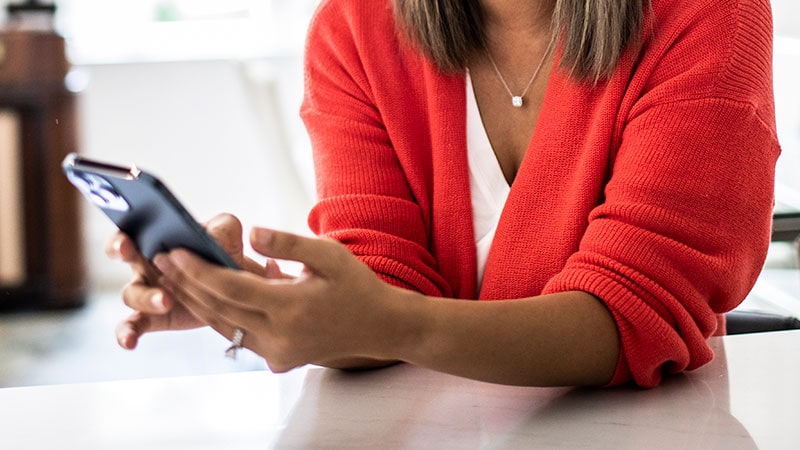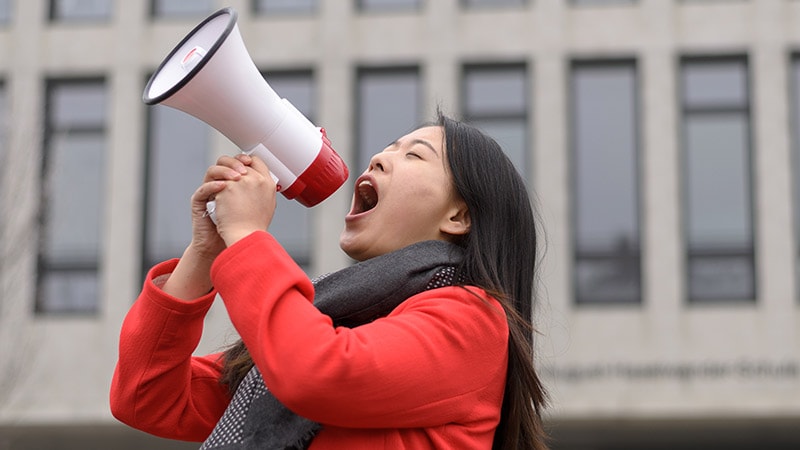These are the latest UK coronavirus stories you need to know.
Obesity and a Coronavirus Vaccine
A study looking at the relationship betweenobesityand complications from COVID-19 quantified some of the extra risks for people with a BMI of more than 30.
The US research, published in the journalObesity Reviews, found:
- A 113% higher risk of hospitalisation
- A 74% increased risk of needing to be admitted to intensive care
- A 48% higher risk of dying from COVID-19
The study authors also discuss whether a SARS-CoV-2 vaccine will be less effective in obese individuals.
Co-author Melinda Beck, professor of nutrition at Gillings School of Global Public Health, said theinfluenzavaccine has been shown to be less effective in adults with obesity, and the same might be true for a future SARS-CoV-2 vaccine.
"However, we are not saying that the vaccine will be ineffective in populations with obesity, but rather that obesity should be considered as a modifying factor to be considered for vaccine testing," she said.
Duncan Young, professor of intensive care medicine at the University of Oxford, said: "The discussion of the effects of obesity on vaccine efficacy are not based on the meta-analysis in the paper or any new data, but on a narrative review of a range of other studies and is simply a hypothesis.
"The numerous vaccine studies underway will very likely be recording BMI and this is where accurate data on the association between obesity and vaccine efficacy will come from."
Heart Services During Lockdown
The number of NHS patients presenting to cardiology services for serious heart problems at one centre in Scotland more than halved during the coronavirus lockdown, new research found.
The observational study in the journalOpen Heartanalysed key performance indicators in cardiology services at Dumfries and Galloway Royal Infirmary, Dumfries, and a supporting tertiary service, the Golden Jubilee National Hospital, Glasgow, before and after lockdown.
Overall, researchers found significant reductions in every area of service provision, including outpatient clinics, investigations, procedures, and specialist community services, such asheart failureandcardiac rehabilitation.
During the first month of lockdown, the numbers of people seen for chest pain and breathlessness fell sharply, with cardiology ward and coronary care unit admissions down by 53%.
Also, the number of patients diagnosed with a heart attack fell by 40%.
The findings were consistent with other research on the health consequences of lockdown measures. "Therefore, it is likely that similar changes will be seen in other medical and surgical specialties,” the researchers pointed out.
They said that following the lockdown, cardiology services need to prepare for a significant increase in workload and develop new pathways to urgently help those adversely affected by the changes in service provision.
One positive consequence of the changes brought in to deal with the pandemic has been the central role of technology in the delivery of care. The use of virtual clinics would be a "long-lasting legacy", they said.
Pharmacists and Mental Health
Pharmacists should be at the forefront of supporting the mental health of people affected by COVID-19, the Royal Pharmaceutical Society said.
In apolicy document,it recommends that pharmacists, in collaboration with health and social care colleagues, play a central role in:
- Identifying people struggling with their mental health and wellbeing
- Increasing access to support for people experiencing poor mental health
- Supporting patients with prescribed medicines
- Supporting communication across health care settings for effective transfer of care
Areportearlier this month from the Office for National Statistics found that 19.2% of British adults were likely to be experiencing some form ofdepressionduring the pandemic in June – up from 9.7% before the pandemic began.
Sandra Gidley, President of the Royal Pharmaceutical Society, said: "COVID-19 has been an extremely tough period for our communities and the consequences to mental health are profound.
"The experience of illness and grief caused by the outbreak, together with isolation, economic instability and sudden changes to everyday life, have severely affected the nation's mental health. The pandemic has affected people with existing mental health conditions and created a whole new level of depression and distress in those previously unaffected.
"We want pharmacists fully equipped to respond and feel confident to do so. The only way to manage the potential tsunami of mental health need is as part of a coordinated approach in collaboration with other agencies and healthcare colleagues. We truly are 'all in this together' and must work across the NHS to support each other and the health of those affected by the pandemic."
People on low incomes in parts of England with high levels of COVID-19 will be able to claim up to £182 if they need to self-isolate and are unable to work from home.
Theschemewill start on Tuesday 1 September with a trial in Blackburn with Darwen, Pendle, and Oldham.
Eligible individuals who test positive for SARS-CoV-2 will receive £130 for their 10-day period of self-isolation. Other members of their household, who have to self-isolate for 14 days, will be entitled to a payment of £182.
Non-household contacts advised to self-isolate through NHS Test and Trace will also be entitled to a payment of up to £182, depending on the time needed to self-isolate.
Payments will be available to people currently receiving either Universal Credit or Working Tax Credit.
Matt Hancock, the Secretary of State for Health and Social Care, said: "This new payment scheme will help people on low incomes and who are unable to work from home to continue playing their part in the national fight against this virus."


